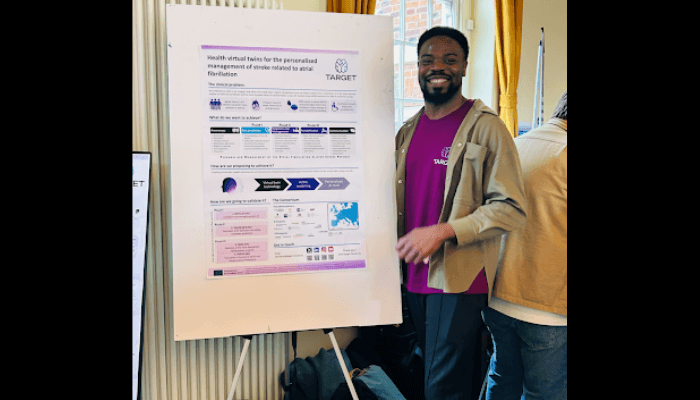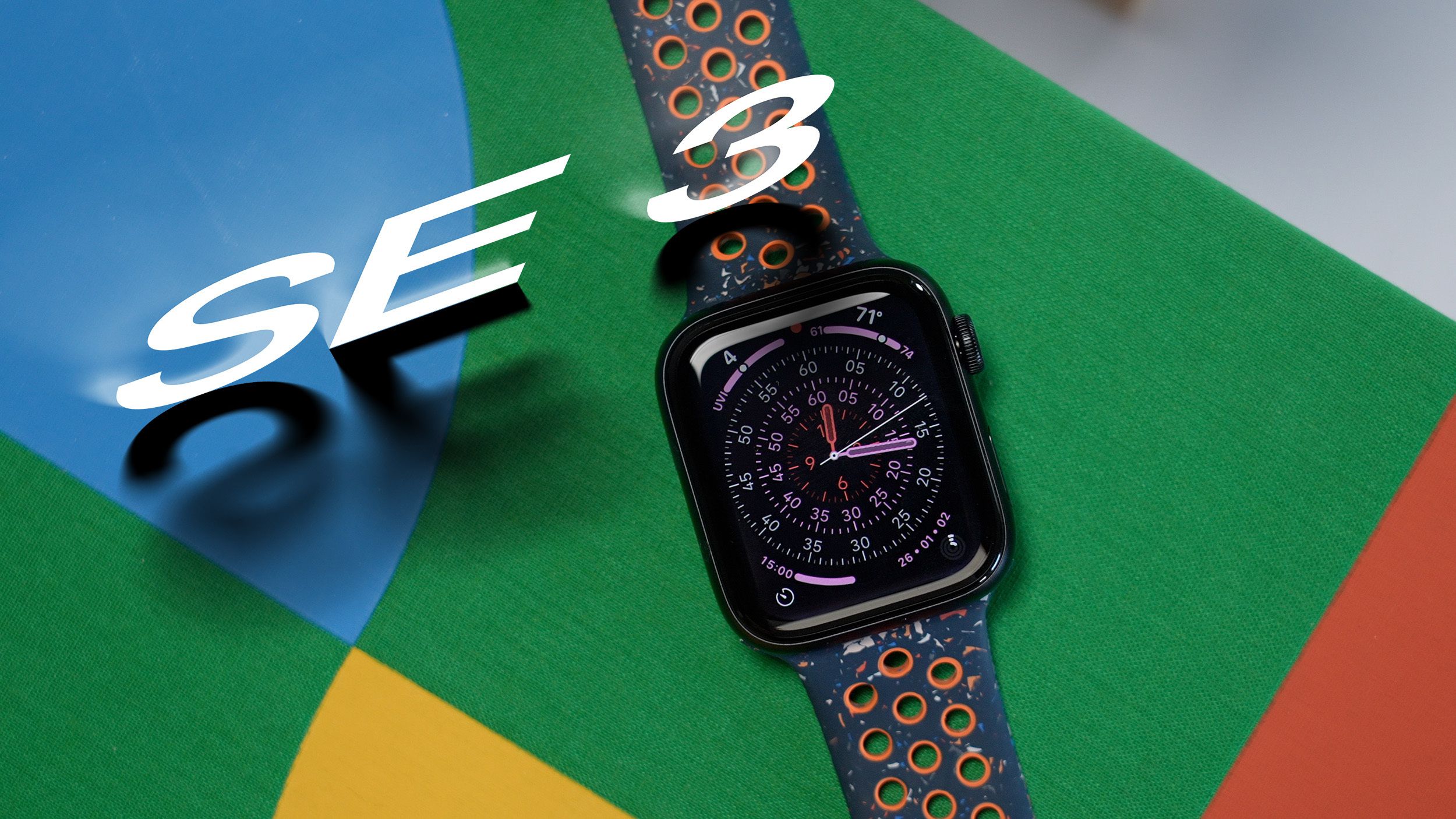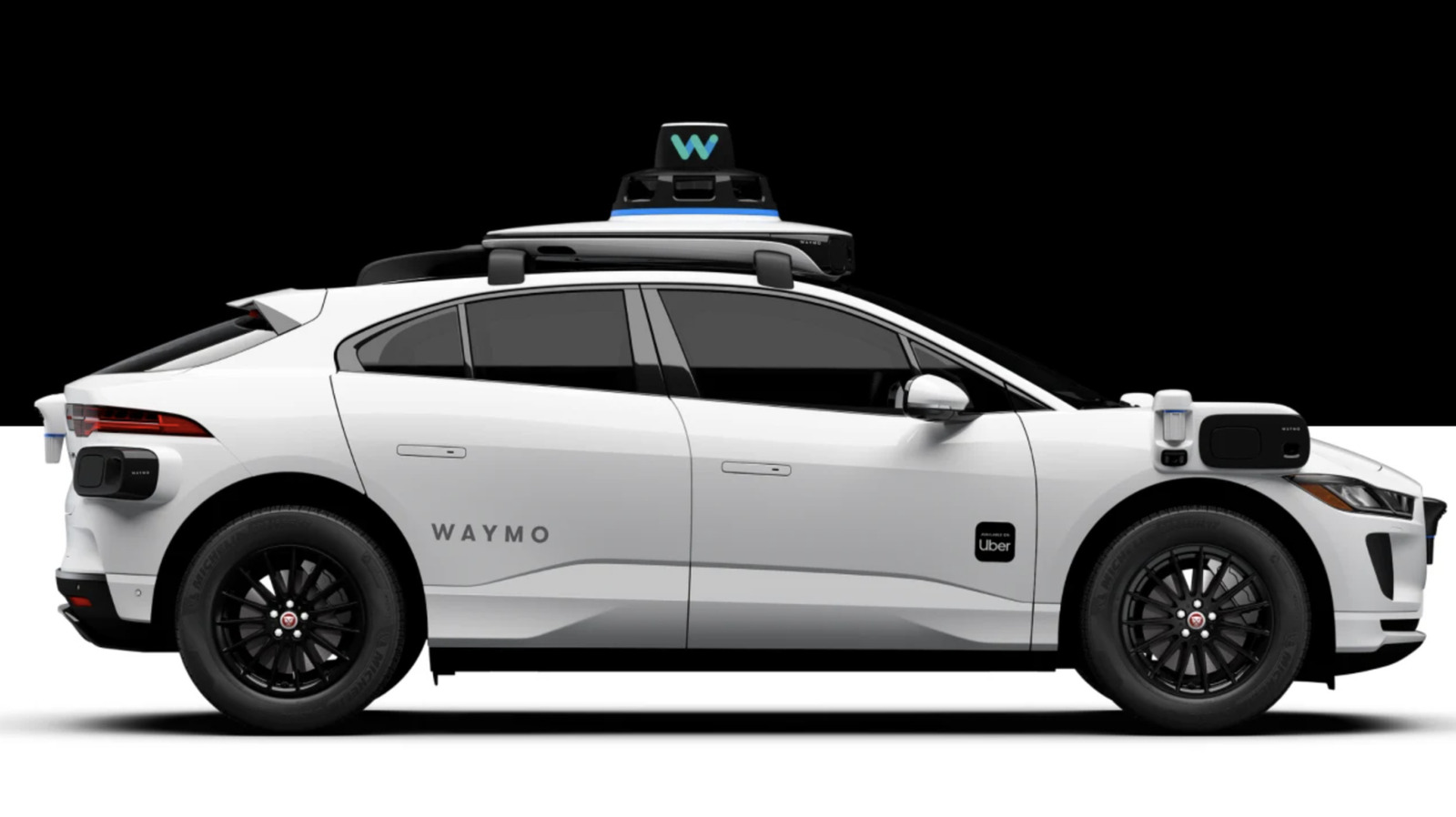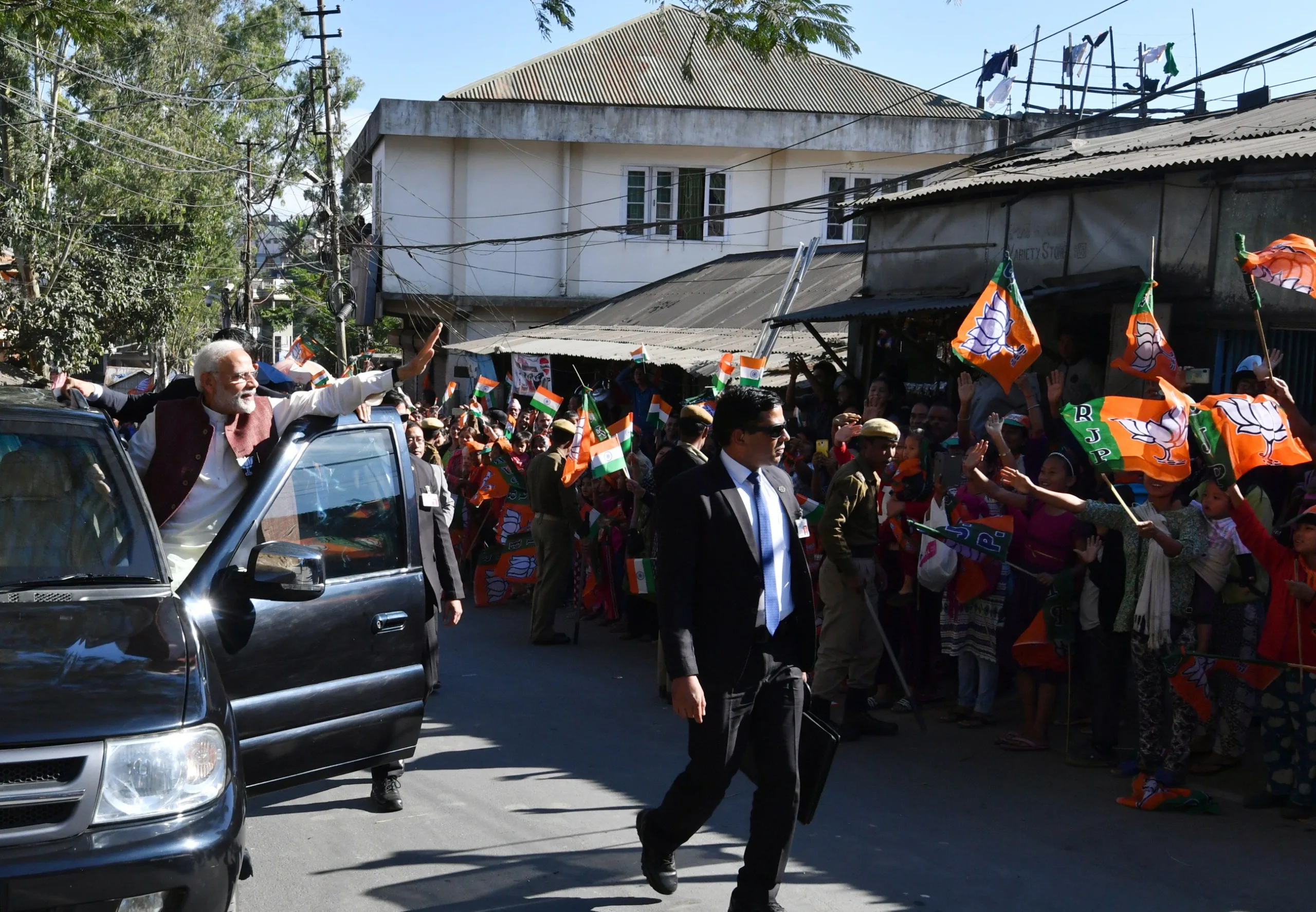By Nosa Aikodon
Copyright businessday

Science has always been a cornerstone of human progress, and today, more than ever, there is a pressing need to inspire the next generation of thinkers, creators, and innovators. One powerful way of doing this is through science festivals. These events bring cutting-edge research out of laboratories and into public spaces, allowing young people and communities to experience the thrill of discovery firsthand.
The recently concluded British Science Festival in Liverpool is a strong example of how such platforms spark enthusiasm for science and technology. The festival gathered researchers, innovators, and the public to exchange ideas in an accessible, engaging format. Among the panel speakers was Nosa Aikodon, AI researcher at TargetEU Project, a keynote speaker who introduced the discussion “Can a Digital Twin Save Your Life?” The session explored how artificial intelligence and digital twin technology can be harnessed to model patient-specific risks, predict outcomes, and potentially transform the future of healthcare.
Beyond the panels and talks, the festival also emphasised interactive engagement. Hundreds of attendees participated in an AI-Digital Twin Escape Room, an innovative experience designed by Nosa Aikodon and the TargetEU team. The escape room invited participants to solve puzzles while learning about how AI and digital twins can be applied in real-world health scenarios. This hands-on approach not only educated but also entertained, leaving participants with a tangible understanding of the potential impact of AI on their lives.
Science festivals such as the British Science Festival do more than showcase research. They create spaces where people, particularly young people, can be inspired, ask questions, and imagine themselves as contributors to scientific progress. For many, attending such an event could be the spark that ignites a lifelong journey into science, technology, or innovation.
The benefits of science festivals are not limited to the UK or Europe. For Africa, with its rapidly growing youth population, the idea of science festivals holds immense promise. By creating vibrant spaces where students, researchers, and the public can come together, African nations can foster curiosity, encourage experimentation, and build enthusiasm for careers in STEM fields. Such festivals can help demystify complex ideas, provide role models for aspiring scientists, and bridge the gap between research institutions and society at large.
Importantly, science festivals can also serve as incubators for future problem-solvers. Just as hackathons have proven effective in generating solutions to pressing challenges, festivals that blend education with creativity and fun can empower African youth to envision themselves as leaders in addressing local and global issues ranging from climate change and healthcare to food security and digital innovation.
Africa stands at a crossroads. With the youngest population in the world, the continent has a unique opportunity to nurture the scientists, engineers, and innovators who will drive its future. By investing in and embracing science festivals, African countries can unlock this potential, building not only enthusiasm but also a pipeline of talent equipped to transform ideas into impactful realities.
The British Science Festival demonstrates how engaging the public with science creates ripples of inspiration that can last for years. Bringing this model to Africa would not only democratize access to science but also strengthen the foundations of innovation on the continent. The participation of researchers such as Nosa Aikodon, both as a panel speaker and co-designer of interactive experiences, illustrates how science festivals can connect expertise with public engagement. This connection is precisely what is needed to shape the scientists of tomorrow, in Africa and beyond.



